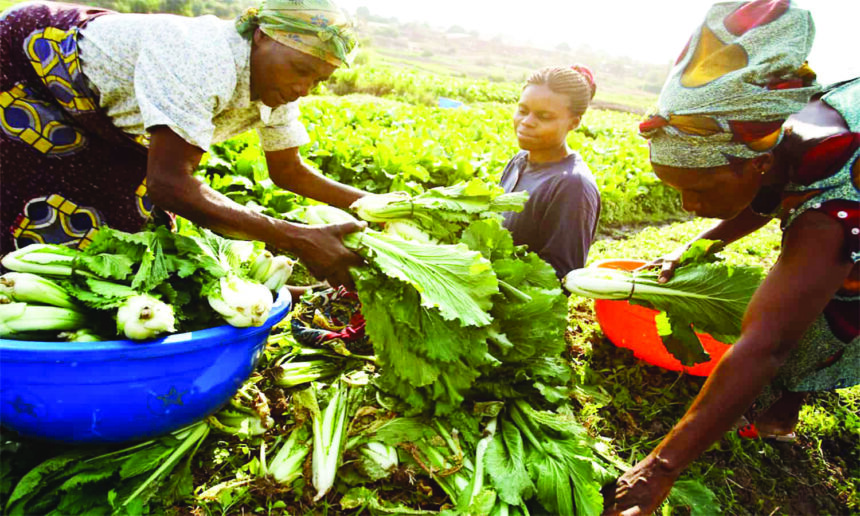The United Nations World Food Programme (WFP) has welcomed the financial contribution of about N$2.2 million from the Brazilian government to support integrated community-based food systems programmes in Namibia.
The Brazilian Cooperation Agency (ABC) has been supporting WFP food systems programmes in Tsumkwe, Gobabis, Stampriet, Opuwo and Olukula since 2020.
The programmes are designed to improve productivity, combat hunger and benefit more than 300 smallholder farmers.
“The objective of the food systems programmes is to contribute to Namibia’s Zero Hunger efforts while enhancing household food and nutrition security, transforming rural livelihoods through increased production, job creation and value-chain development, and fostering sustainable, catalytic food systems,” said Tiwonge Machiwenyika, acting country director of WFP in Namibia.
As a direct result of the funding by Brazil, a significant impact has been observed in the five communities, including job creation.
The aid also contributed to building local capacity, with over 100 smallholder farmers trained in financial management, farm management, good agricultural practices, value addition, processing and market readiness skills.
“This is precisely the aim of ABC in each South-South cooperation project: to empower people by providing the tools to produce food, market their products, and establish successful models that can be replicated elsewhere,” said Vivian Loss Sanmartin, Brazil’s ambassador to Namibia.
These efforts have led to impressive outcomes at the Olukula Integrated Food Systems Project, including harvests exceeding five metric tonnes of vegetable produce as well as the production of over 65 000 eggs from poultry in 2024.
The project has reached a 50% increase in local vegetable production, and received the Emerging Producer of the Year Award (1st runner-up) at the Annual National Agronomy and Horticulture Awards hosted by the Namibia Agronomic Board in September 2024. The government of Brazil’s continued support highlights the strong partnership between Brazil, WFP and Namibia.
The WFP is the world’s largest humanitarian organisation, saving lives in emergencies, and using food assistance to build a pathway to peace, stability and prosperity for people recovering from conflict, disasters and the impact of climate change.


